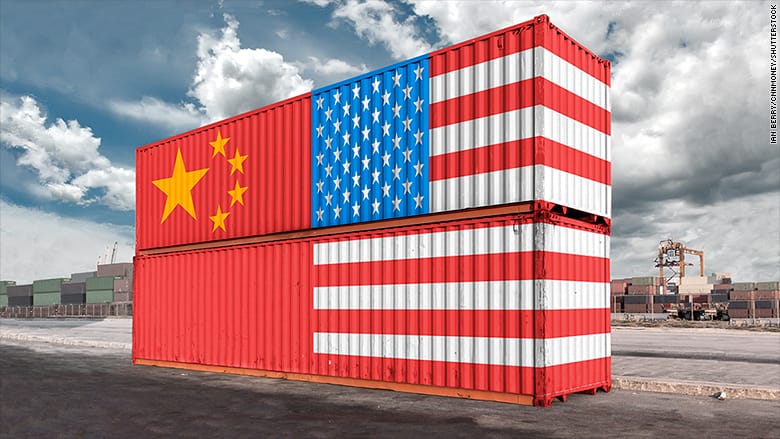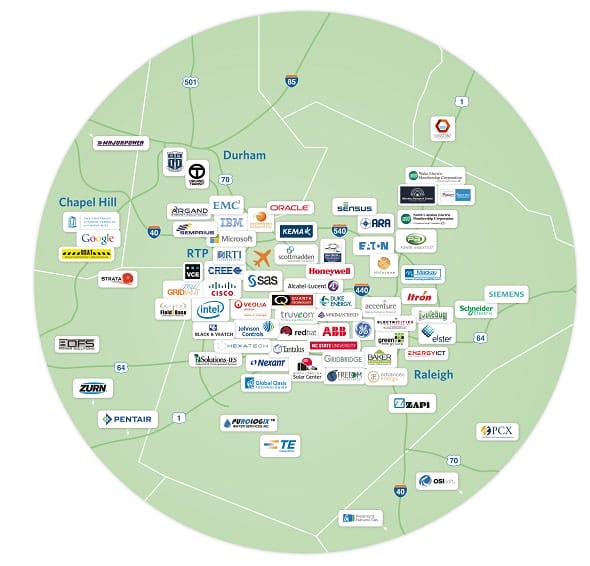Trade war with China threatens NC solar gains
Trade war with China threatens NC solar gains
by Markus Wilhelm
In 2013 North Carolina won the silver medal in solar energy, besting states like Arizona and Nevada for a place on the podium. Among the benefits of becoming the second-largest solar market in the country are the creation of thousands of jobs, many for displaced construction workers; income for farmers, allowing them to retain their farming heritage; and millions in new investment to rural North Carolina, which creates a new tax base for many of our hardest-hit counties.
And let’s not forget the generation of clean, renewable electricity that avoids the environmental complications of conventional generation.
But there’s a dark cloud on the horizon: A looming trade war with China would raise the prices for solar energy and unravel the benefits. The threat comes from trade actions initiated by SolarWorld, a foreign-owned solar module manufacturer with facilities in Oregon. SolarWorld’s complaint is that it cannot compete with foreign-made solar equipment.
Unfortunately, it fails to understand two important points. First, solar’s competition is not from China and Taiwan. Solar competes with conventional sources of electrical generation. Second, the vast majority of solar jobs in the U.S. – 142,698 by last count – are in downstream companies like Strata.
SolarWorld’s proposed solution to its problems is to petition the U.S. Department of Commerce and the U.S. International Trade Commission to broaden the 25 percent tariffs that SolarWorld obtained in 2012 and thereby raise the cost of imported modules. If SolarWorld wins another round, the solar industry and its consumers will lose. If solar-module costs go up, then solar electricity is less competitive with conventional electricity, meaning that solar investment dries up and tens of thousands of jobs are in jeopardy. If SolarWorld prevails, it will have succeeded in ruining the very industry to which it wants to sell its products.
In 2013 North Carolina solar jobs grew by 121 percent, far faster than other sectors of the state’s economy. Our company alone has trained more than 1,500 solar installers to build solar farms across North Carolina and hired numerous engineers, accountants, project managers, development specialists and other staff to support the growth of the company. All that is at risk, however, because of SolarWorld’s complaint about low prices.
For the American solar industry, low prices aren’t a problem – they’re a requirement for growth. With worldwide competition resulting in lower prices for solar cells and panels, solar electricity has become competitive with electricity generated from fossil fuels. This has given rise to a huge increase in the installation of solar panels all across America. That’s good for the economy because of the growing number of good jobs. That’s good for the environment because solar energy is nonpolluting. And that’s good for America’s national security because solar energy does not depend on importing oil from foreign trouble spots.
SolarWorld’s demand for another tariff on solar imports would create a double-whammy for the industry, increasing costs while worsening a trade war with China and involving Taiwan. After the first trade complaint in 2012, China imposed retaliatory tariffs on imports of American-made polysilicon, an ingredient used in manufacturing solar panels. This sort of tit-for-tat war only serves to create barriers to trade and increase costs to all involved. No one wins in a trade war.
There’s a better way. Trade sanctions are blunt, unwieldy tools for dealing with trade issues. A negotiated settlement can address the issues. The European Union recently resolved its solar trade issues with China, and so should the U.S.
America’s leaders and lawmakers should reject new tariffs and seek a fair and workable settlement of the solar trade issues with China and Taiwan. A fast-growing U.S. industry, American jobs, our natural environment and our national security will all be winners.


